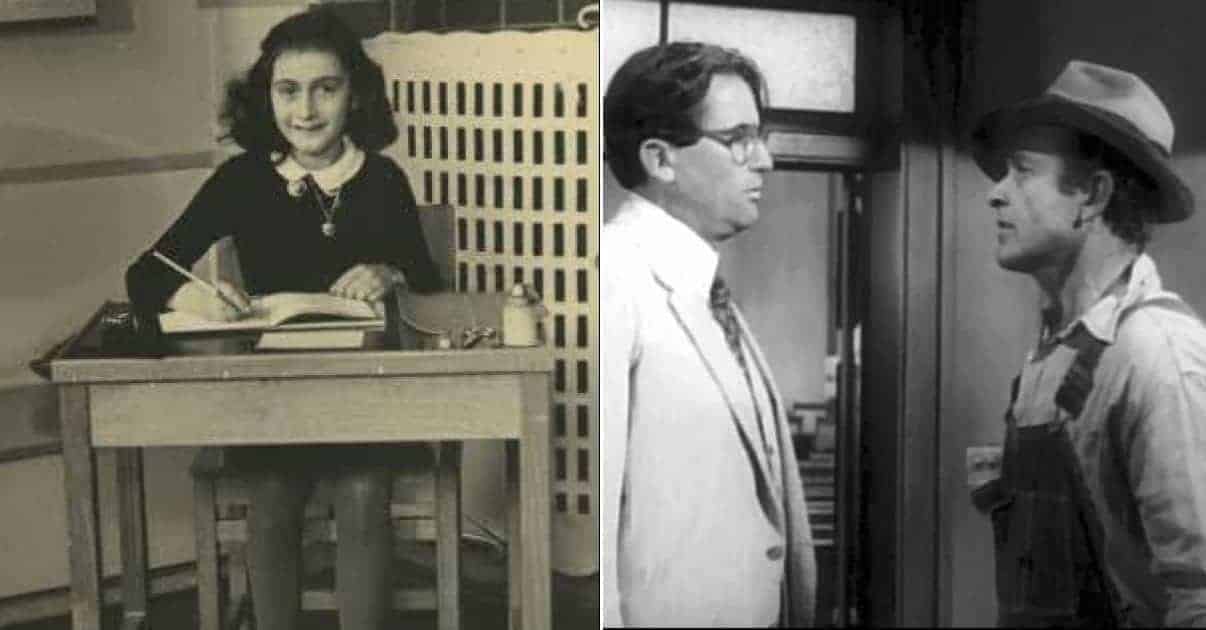
Communities, school boards, religious offices, local libraries, the US Post Office, the Customs Service, and other instruments of authority in the United States have practiced censorship over articles, songs, films, television productions, plays and especially books since the earliest days of the Plymouth Colony in what is now Massachusetts. There, Governor William Bradford learned of some verses written by Thomas Morton of the nearby Merrymount Colony. Merrymount had been established by dissidents tired of the strict Puritan rules over what constituted permissive behavior and had started their own colony, which celebrated the tradition of erecting and dancing around a Maypole, the singing of songs other than those suitable for worship, and the writing of the aforesaid verses, which Governor Bradford found offensive”…some tending to lasciviousness.”
After Bradford and his Puritan flock arrived at Boston in 1630 he dispatched a military force to break up the Merrymount Colony and the area was absorbed into Boston, later becoming what is today’s Quincy, Massachusetts. Morton was deported. It was the first act of direct censorship in what became the United States. It would not be the last and throughout America’s history of censorship Boston – which calls itself the Cradle of American Liberty as well as the Athens of America – has been at the forefront of many acts of censorship. Walt Whitman’s Leaves of Grass was withdrawn from publication in Boston after the District Attorney threatened to sue the publisher over explicit language, for instance.
 Walt Whitman’s Leaves of Grass has been a target for censors over offensive language. National Archives
Walt Whitman’s Leaves of Grass has been a target for censors over offensive language. National Archives
Here are examples of censored or banned books or other materials in America throughout history.
 Racial stereotyping and a word beginning with the letter n have kept Huckleberry Finn high on the list of censored or challenged books for generations. Wikipedia
Racial stereotyping and a word beginning with the letter n have kept Huckleberry Finn high on the list of censored or challenged books for generations. Wikipedia
The Adventures of Huckleberry Finn by Mark Twain
Most Americans are aware of relatively recent censorship of Twain’s recounting of a boy and a runaway slave’s journey down the Mississippi River. They believe that the censorship of Twain’s story is centered on the frequent use of what now is euphemistically referred to as the n-word, and the behaviors and dialect of characters now considered racial stereotypes. And they are correct to some degree. What is less well known is the book, which was published in the United Kingdom in 1884 and in the United States in February of 1885, was banned outright in the Massachusetts town of Concord, which called it “…suitable only for the slums.”
Huckleberry Finn is one of the most attacked and censored books in all of history. During Twain’s lifetime, the book was referred to as insensitive, particularly to women, but contemporary critic William Dean Howells of Cambridge Massachusetts found nothing within the pages of the book which should be removed. Several libraries disagreed and refused to place the book on their shelves, or were soon removing it due to complaints within the communities they served. Another contemporary writer, Louisa May Alcott, suggested that if Twain was unable to find a better subject on which to base a book he’d be better off to stop writing.
The Brooklyn Public library removed the book from its shelves in 1905, complaining of Twain’s poor choice of words. The library also cited the fact that Huck was coarse, and when it was recounted in the story that Huck scratched himself when he felt an itch the text was crossing the line of what was considered to be obscene. The book was thus harmful to young minds, justifying its removal from the library. Twain responded by saying that he had written the book solely to be read by adults, though his response was sarcastic, to say the least.
For years the book and its sometime companion The Adventures of Tom Sawyer were taught in the standard curricula of English classes in American schools. By the 1980s and in some cases even earlier, it was being assailed as deliberately provocative and racist by many school boards or those petitioning the school boards for its removal. This ignored the fact that the dialect and vocabulary were written to reflect its day, rather than a later day. A version in which all uses of the n-word were replaced with the word slave was produced in the 21st century; it also dropped the use of the word Injun.
The book remains controversial and is periodically reported to have been again dropped from public libraries, school libraries, bookstores, and book clubs. It is likely destined to remain so forever. In the United Kingdom, where it was first published, The Guardian placed it at number 23 in its list of the 100 Greatest Novels of All Time, writing in their review in 2014, “…this great novel remains vulnerable to the censoring attentions of provincial reactionaries and classroom bigots…”
